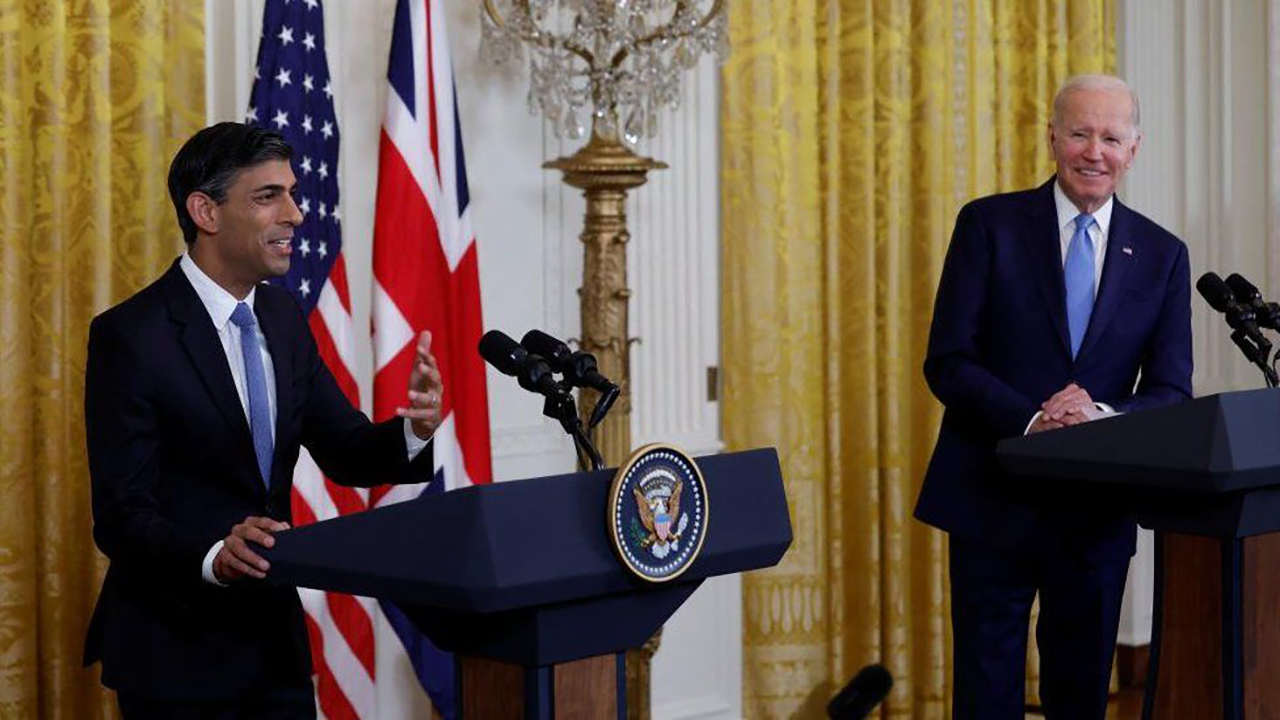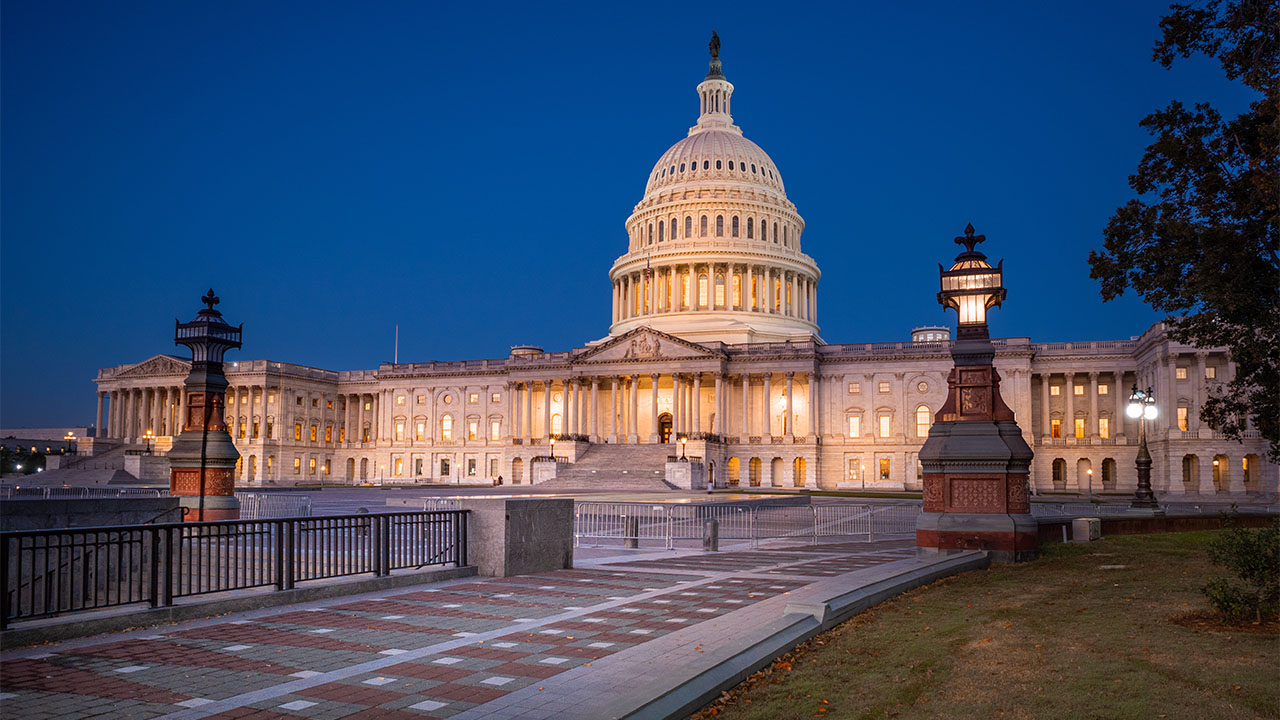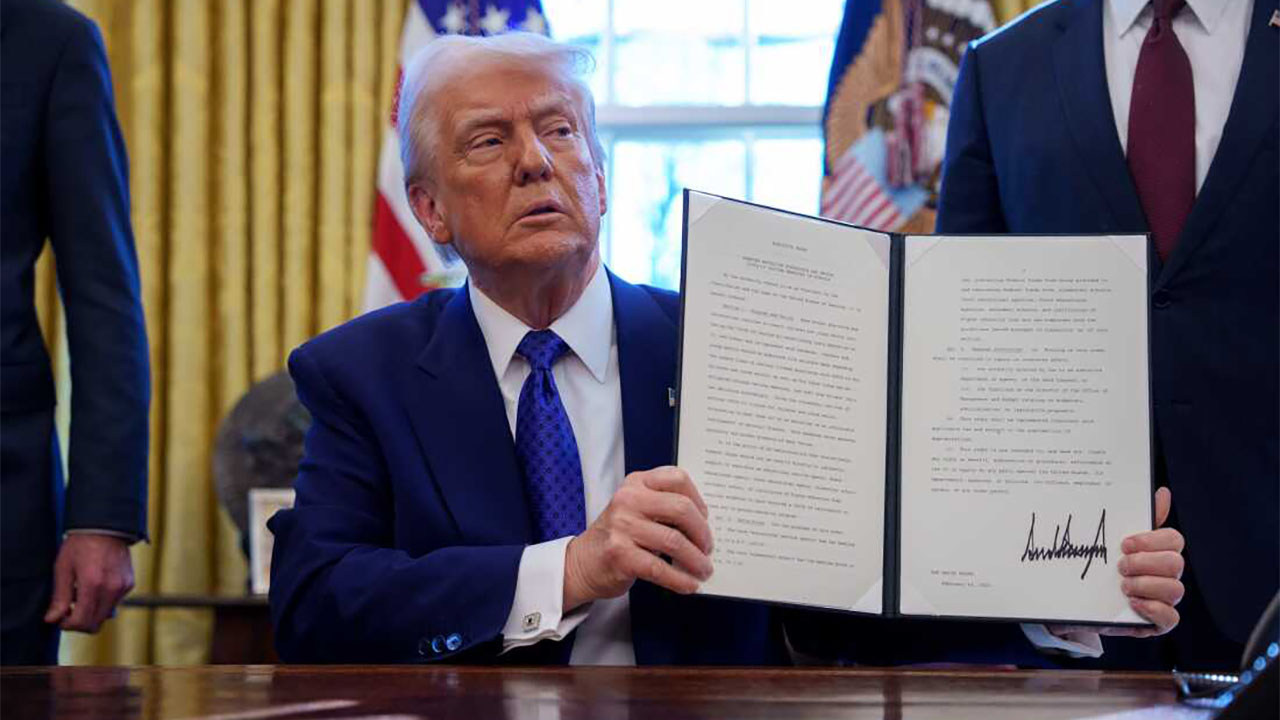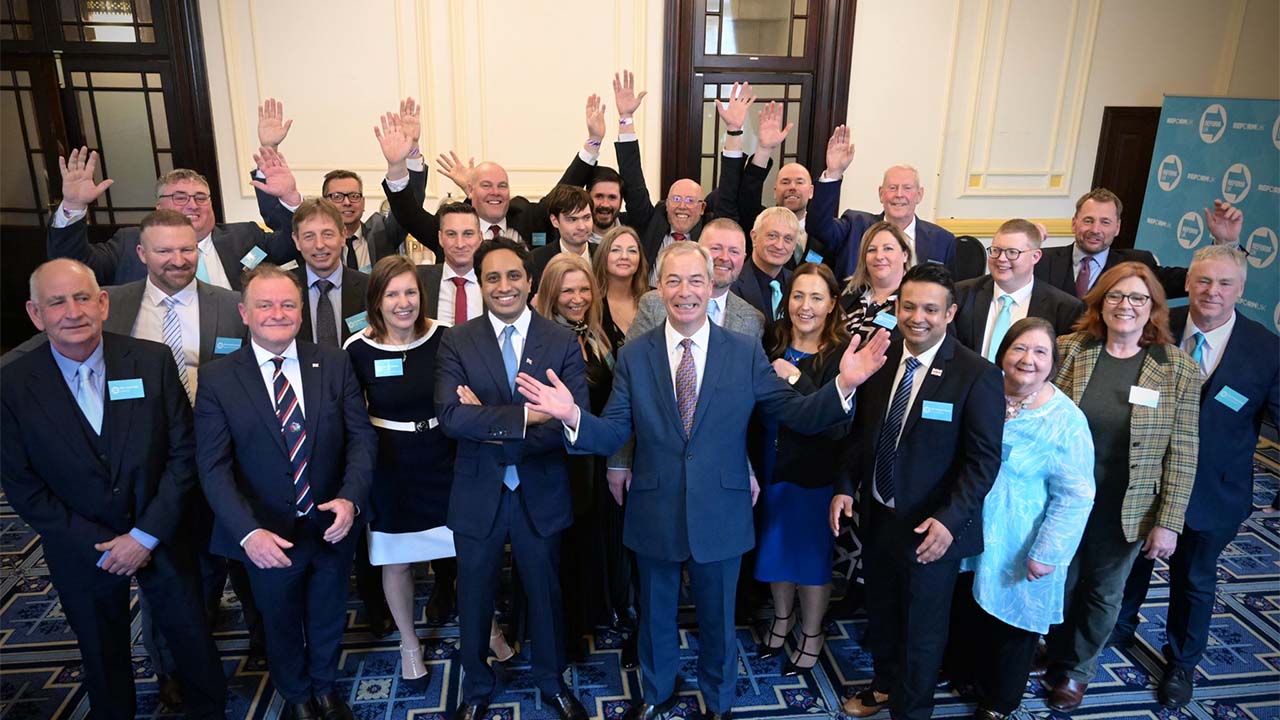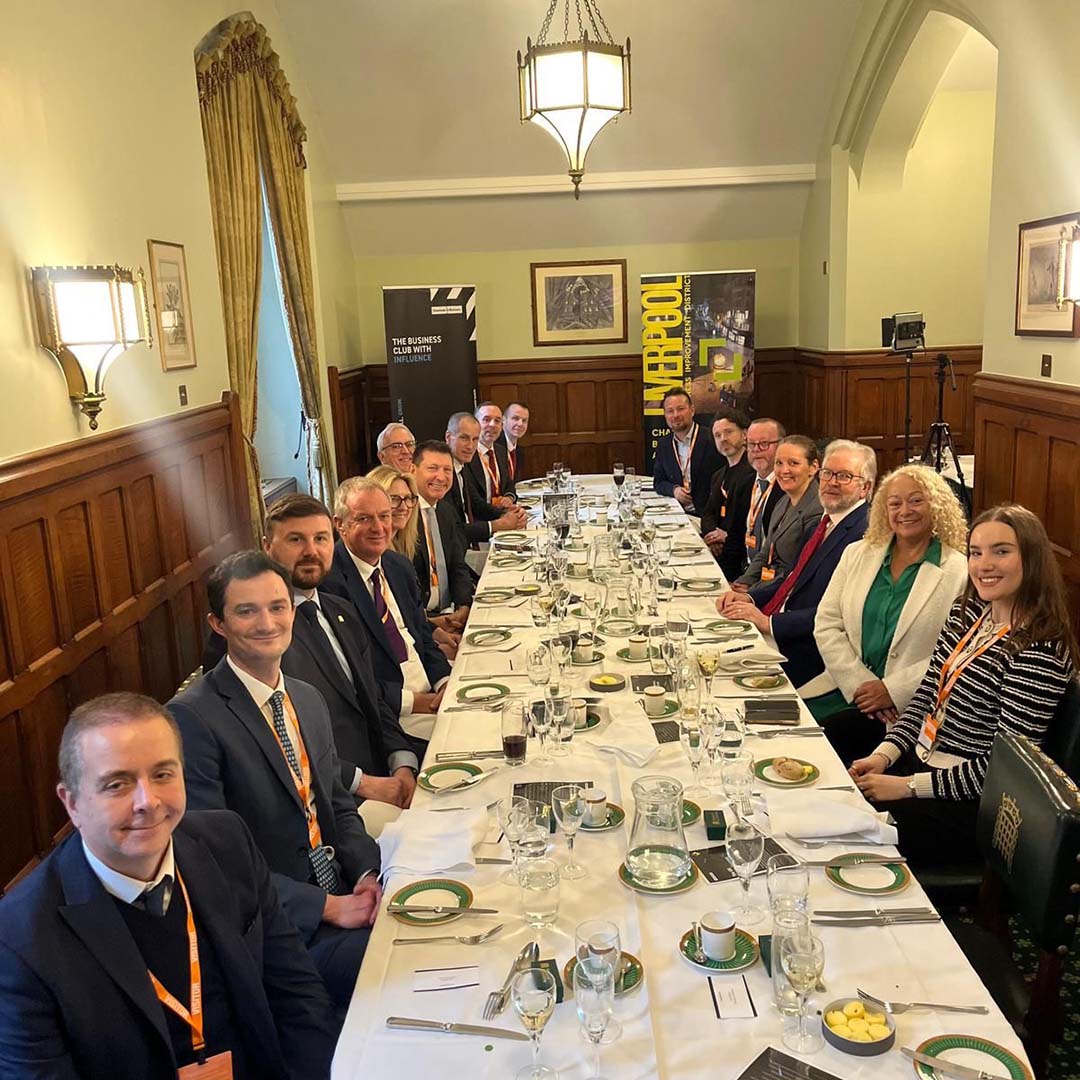As the dust settles on the recent round of UK local elections, all eyes are turning towards the General Election later this year.
Hopping on and off Zoom calls and Teams meetings with the US, I am aware their focus is obviously on the Trump/Biden battle in November, but interest in Westminster’s potential outcome is starting to warm up too. US businesses who trade in the UK, defence contractors, infrastructure and energy companies, media and technology firms, and bio tech investors are all keen to understand what any future regulatory regime may be and are looking for insights into the political landscape, any similarities with the US campaign, and of course the stark contrasts.
While the systems – a Presidential Republic and a Constitutional Monarchy – are wildly different, the most obvious similarity is they are both effectively two-horse races.
While RFK Jr. is running for US President, and in the UK third parties like the Liberal Democrats do exist, nobody sees them forming the next Government. And as neither system encourages multi-party cooperation, it is unlikely to see fringe characters playing a critical role. In fact, in the case of the LibDems after their disastrous 2010 coalition with the Tories saw them haemorrhage votes and support for a generation, they may be well advised to stay away from any confidence deals or electoral pacts for the foreseeable future.
With about 5 months to go until the anticipated election, both Labour and The Conservatives are starting to road test their pitches to the public. My American clients and colleagues are keen to understand more about what the binary choice facing Britain’s electorate are.
To set context, I always share the views of the bookmakers. They are cold-headed and perhaps the ultimate pollsters. Today, you can currently snag 12/1 for a Conservative win, while the chances of Labour winning are as slim as 1/33. The LibDems are a 500/1 longshot.
Clearly the Tories have it all to do. So desperate is their situation, there are rumblings that they may ditch the Prime Minister in the coming weeks to try and get any sort of a bounce. But with no obvious successor able to unite all the various factions of the modern Tory Party, Sunak is likely to still be there.
So, what might a Tory campaign look like they ask?
I imagine it will be light on policies and aggressively aimed at reducing trust and confidence in any incoming Labour administration. Tory strategists will be hoping for some external impacts too – a long hot Summer, a successful Euro 24 for England, and perhaps an indiscretion or misstep by senior Labour figures. By dragging the election into late 2024, Sunak also leaves space for the Bank of England to cut interest rates, lightening the load on mortgages and household debt.
Sunak is instinctively a ‘small government, tax cutting’ Tory – popular ideas with the rump of the Tory Party but at odds with much current thinking in progressive and growing economies. He has already cut national insurance and will hope Britons start to see that in their pay packets, but he has room for one more Autumn Budget and a big give away on tax cuts, stamp duty, or inheritance tax may be in the offing.
While the economy is always the issue which decides elections, immigration is also high on the agenda and Sunak will be hoping to see a Rwanda flight take off before polling day too.
Labour on the other hand, I suggest, will have to be more considered in their campaign. As the bookmakers’ odds demonstrate, it is theirs to lose.
Party bosses will be acutely aware of the mistakes previous Labour leaders have made to snatch defeat from the jaws of victory – John Smith spelling out their tax bombshell weeks before a vote, the over confidence of Kinnock’s Sheffield rally, and Michael Foot’s ‘longest suicide note in history’ manifesto still send Labour campaign chiefs into cold shivers.
But Labour also knows that while it may be on track to win an election for the first time in nearly 20 years, to secure that success it must win voters over from the centre ground and court those swing voters who have been lending their votes to the Conservatives for a generation, largely because they didn’t trust Labour on national defence and economy issues.
In Labour’s favour now is they have a credible candidate to be Prime Minister.
Kier Starmer came to politics later in life after serving as a leading Human Rights lawyer and then as head of the Crown Prosecution Service, a compelling CV which underpins his pragmatic managerial leadership style.
While he may be a bit on the boring side, after the circus of Johnson and Truss – and his own predecessor Corbyn – Starmer as ‘Labour’s Grey Man’ may be what the nation is currently looking for.
And in Rachel Reeves as Shadow Chancellor, Labour has someone who isn’t going to rattle the markets, scare the electorate with talk of huge tax hikes, or promise to pour endless billions into the bottomless buckets of public service without the necessary reforms.
In echoes of how American politicians present their ideas, Reeves coined the term ‘Securonomics’ to describe her policy approach. Unlike Sunak, Labour it appears still believes in an active state, not just as the provider of public services of last resort, but as a player in shaping and delivering economic growth. She has already started to lay out plans for a National Wealth Fund to deliver private and public investment in critical infrastructure, talked up planning reform to build 1.5million new homes and boost the construction sector, and the creation of GB Energy to better serve households and to drive a move to renewables.
And Starmer and Reeves are also acutely aware they need to promise their core constituents – Britain’s workers and families – a brighter future too, so while the idea of a ‘new deal for working people’ has the feint whiff of class politics, it will likely just enshrine current employer best practices in law – ending ‘fire and re-hire’, banning ‘zero hour’ contracts and putting better workers rights and benefits like sick pay in place.
American politics is largely dominated by economics and national security issues, so there is much interest in how a Labour Government might approach international relations, global trade and foreign policy. While Trump in the White House would probably see tariffs and quotas play a dominant role in American foreign policy, a Starmer lead administration would be more likely to land a prized US-UK Atlantic Trade Deal built around climate goals and free trade if Biden is victorious.
Both Biden’s Democrats and Starmer’s Labour share a passion for re-industrialising their heartlands, reshoring jobs and protecting supply chains, and being leading players in global chip production, electric vehicles, AI and green manufacturing.
With elections both sides of the pond looming, and armed with new insight and intelligence, what can businesses do now I’m often asked?
In the US, big business is mobilised already.
Supported by powerful trade associations and lobby groups, with engaged trade unions and regional and city administrations, both main parties are being bombarded with wish lists and policy requests. American policy making, because it embraces the free speech of the first amendment, is open to commercial engagement and persuasion by design.
In the UK, the idea that a business making multi-billion pound investments, employing tens of thousands of workers and paying hundreds of millions in taxes would want to be heard in the corridors of power is somehow still seen as ‘dodgy’. Within Labour circles, where an historic mistrust and disdain for business still hasn’t been fully purged, it is even more pronounced.
My clients are usually gobsmacked that there isn’t a clear and transparent way for their businesses to engage decision makers directly.
As the UK moves towards its election, it seems that much could be learned by UK businesses, regional lobby groups and campaigners from how their US counterparts are active in policy making discussions.
With freshly elected Regional Mayors, new local authority leaders and a heightened interest in policy from the media and key voices, now is probably the time to start articulating the policies UK businesses will hope to see from the next Government – whichever one that is.


